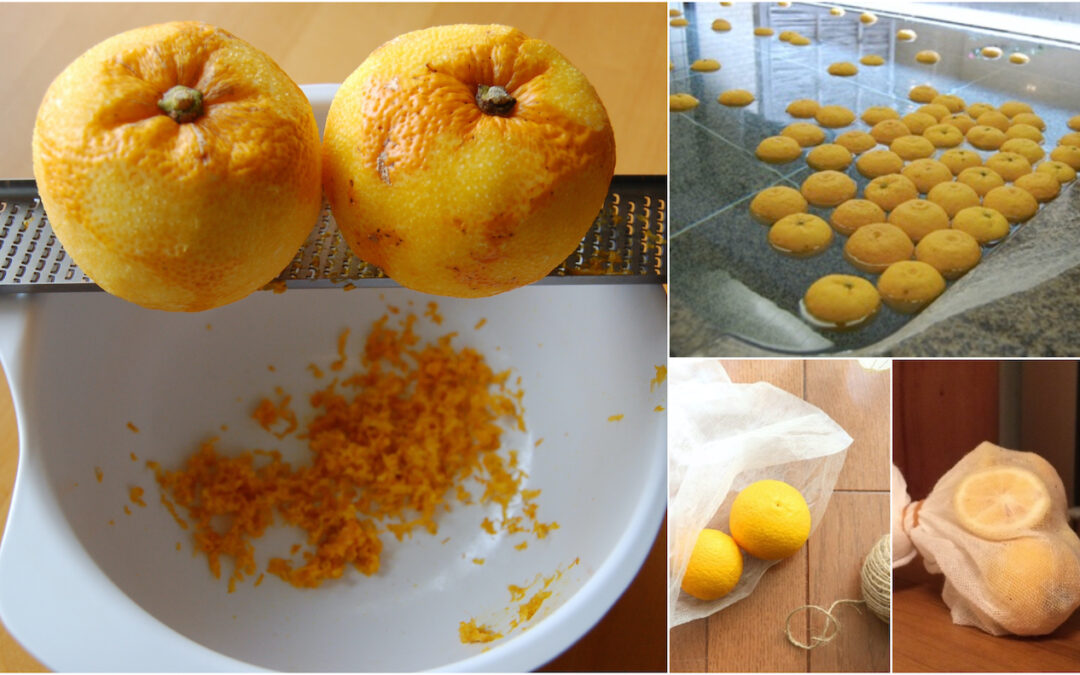
by Elizabeth Andoh | Dec 17, 2021 | Recipes, Winter
ゆず湯・Yuzu Yu Food customs in Japan often involve word-play. The winter solstice that occurs on or about December 22 is called tōji 『冬至』, literally “winter arrives.” But the word tōji can also be written as 『湯治』meaning “hot-spring cure” or...
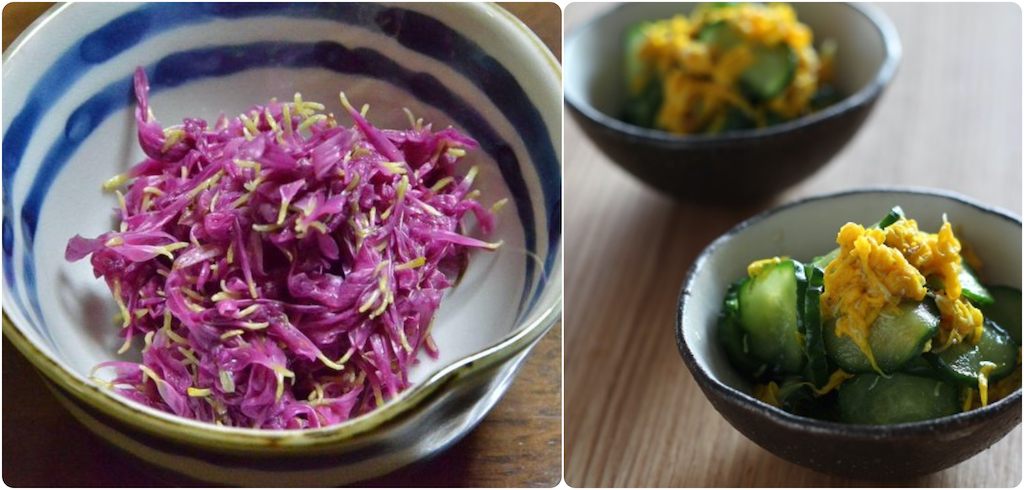
by Elizabeth Andoh | Nov 19, 2021 | Autumn, Recipes
食用菊 Shokuyō Kiku Edible chrysanthemums are one Japan’s autumnal culinary delights. Commercially cultivated in various parts of Japan today (including Okinawa!) they were traditionally enjoyed in the Tohoku (Akita, Yamagata) and Hokuriku (Niigata) regions. Though...
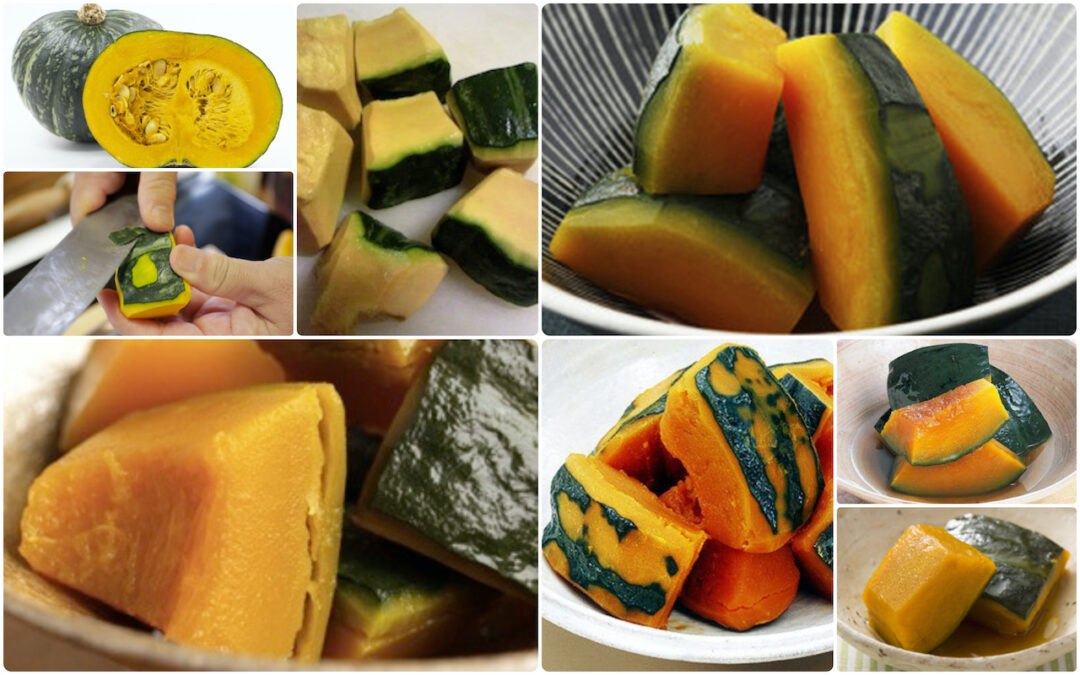
by Elizabeth Andoh | Oct 19, 2021 | Autumn, Recipes
かぼちゃ・南瓜KABOCHA Written with calligraphy for “southern gourd,” but pronounced kabocha, the name tells the curious history of this gourd in Japan. Kabocha arrived in Oita (on the southern island of Kyushu) in 1541 on a Portuguese ship. The previous port of call along...
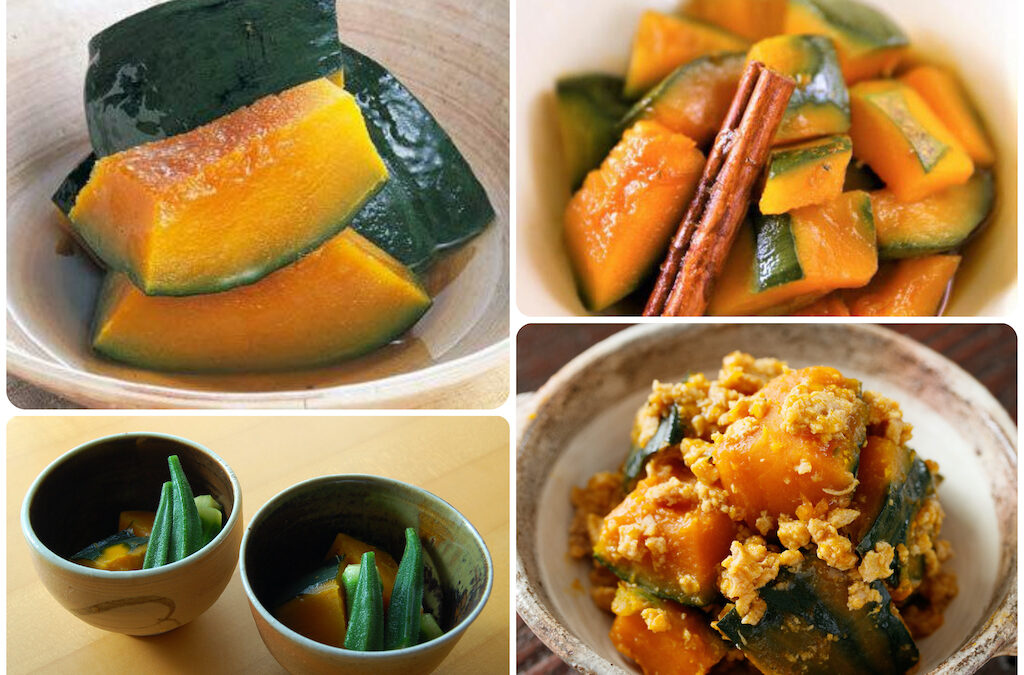
by Elizabeth Andoh | Oct 19, 2021 | Cooking Club, Recipes
Classic Soy-Simmered Kabocha & Variations Kabocha, a pumpkin-like squash with sweet, orangey-gold flesh and dark green, edible skin, frequently appears on the menu in Japan. The classic way to prepare kabocha is to simmer it in a slightly sweet soy-tinged stock....
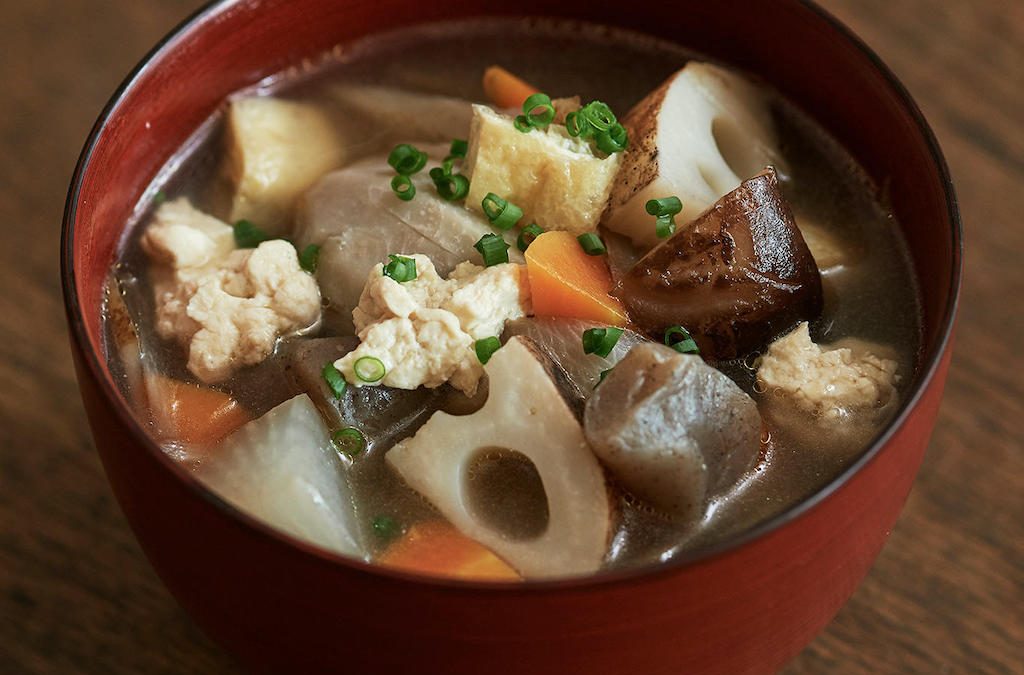
by Elizabeth Andoh | Oct 8, 2021 | Autumn, Recipes
けんちん汁KENCHIN-JIRU Chunky Vegetable & Tōfu Chowder When autumn evenings turn chilly, its time for a hearty, nourishing chowder. The inspiration for this one, kenchin-jiru, is thought to be resourceful monks at Kenchō-ji Temple (建長寺) in Kamakura. Utilizing vegetable...
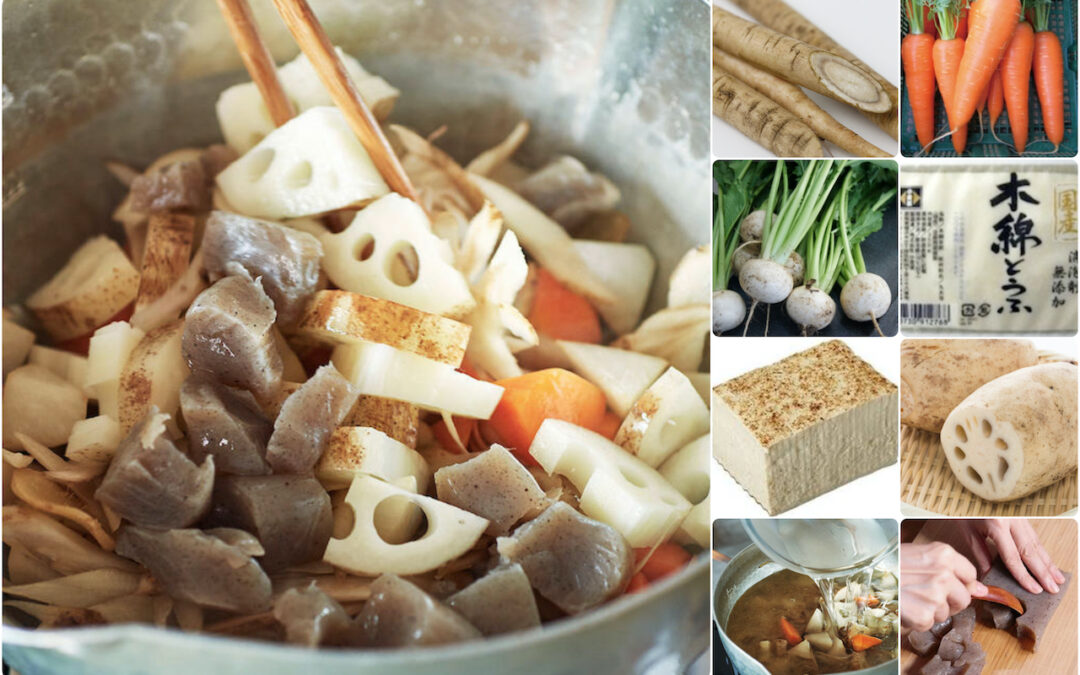
by Elizabeth Andoh | Oct 8, 2021 | Cooking Club, Recipes
BASIC RECIPE to assemble KENCHIN-JIRU When autumn evenings turn chilly, its time for a warm bowl of nutritious chowder. The origins of this one, kenchin-jiru, is thought to be resourceful monks at Kenchō-ji Temple (建長寺) in Kamakura. Utilizing vegetable scraps and bits...







